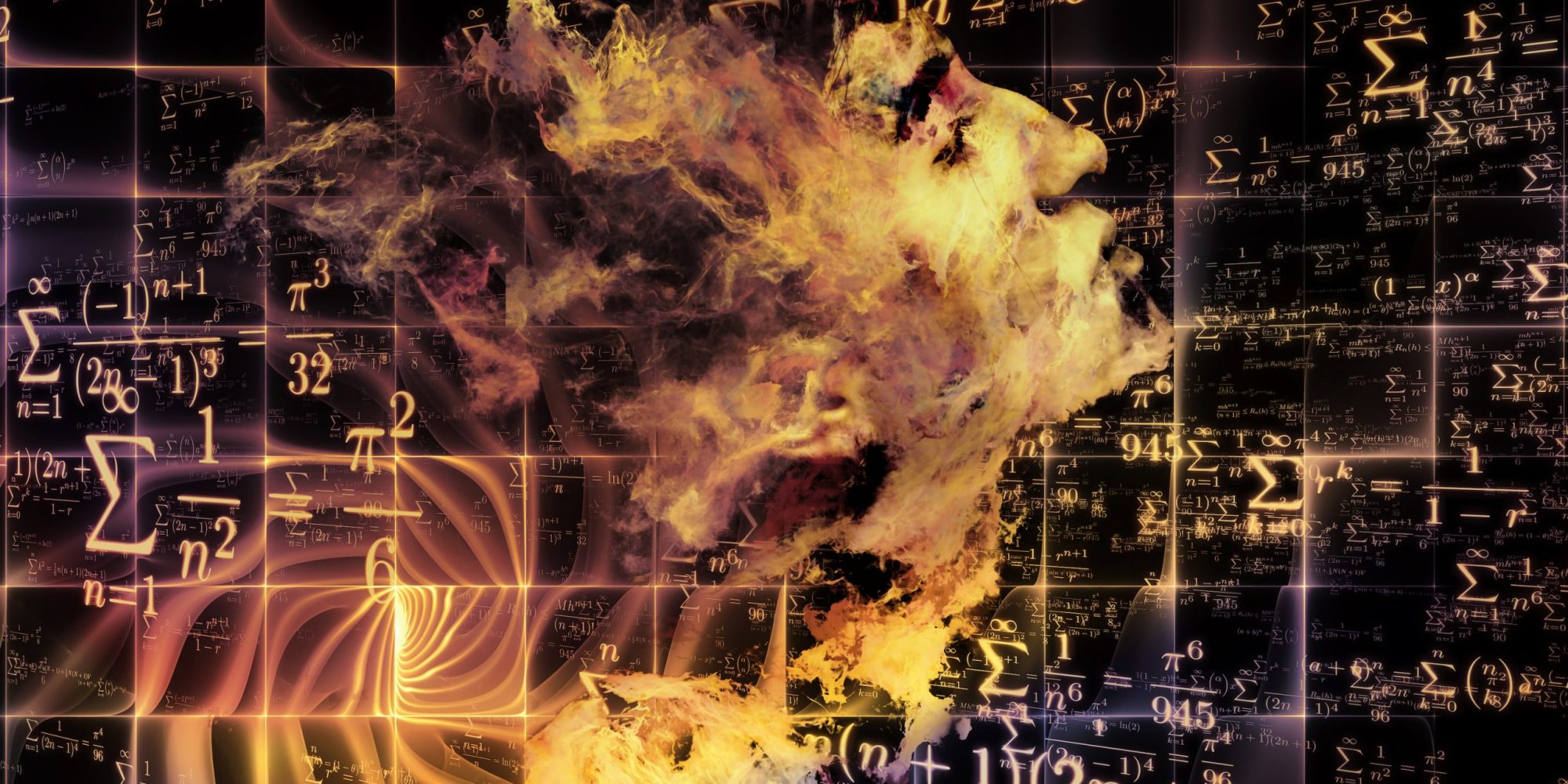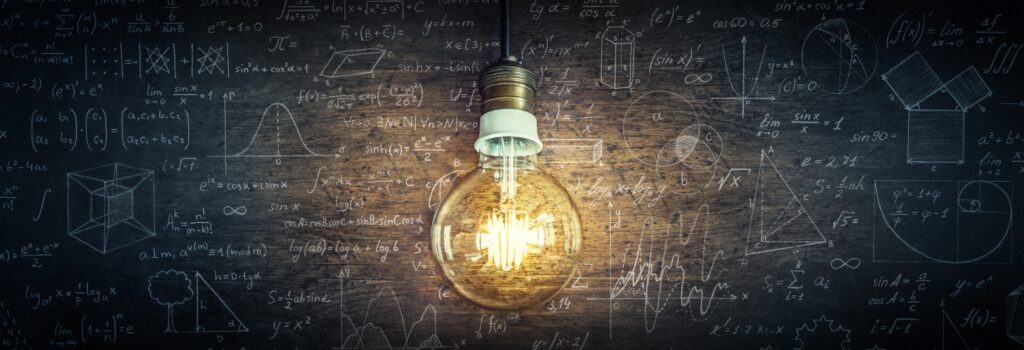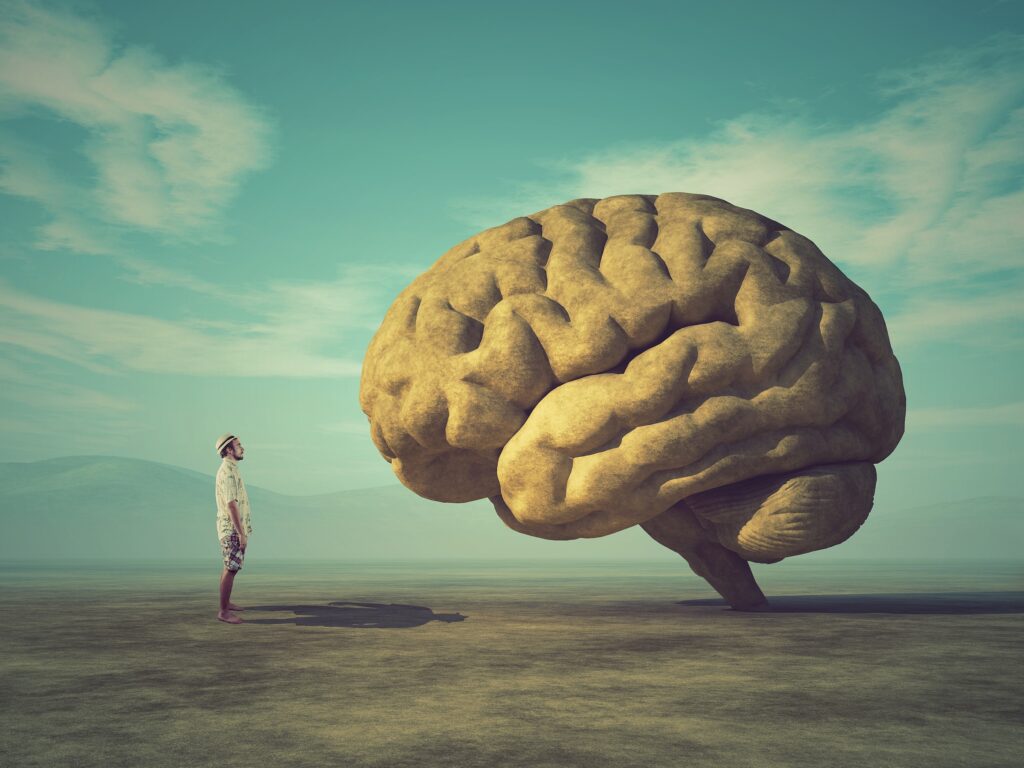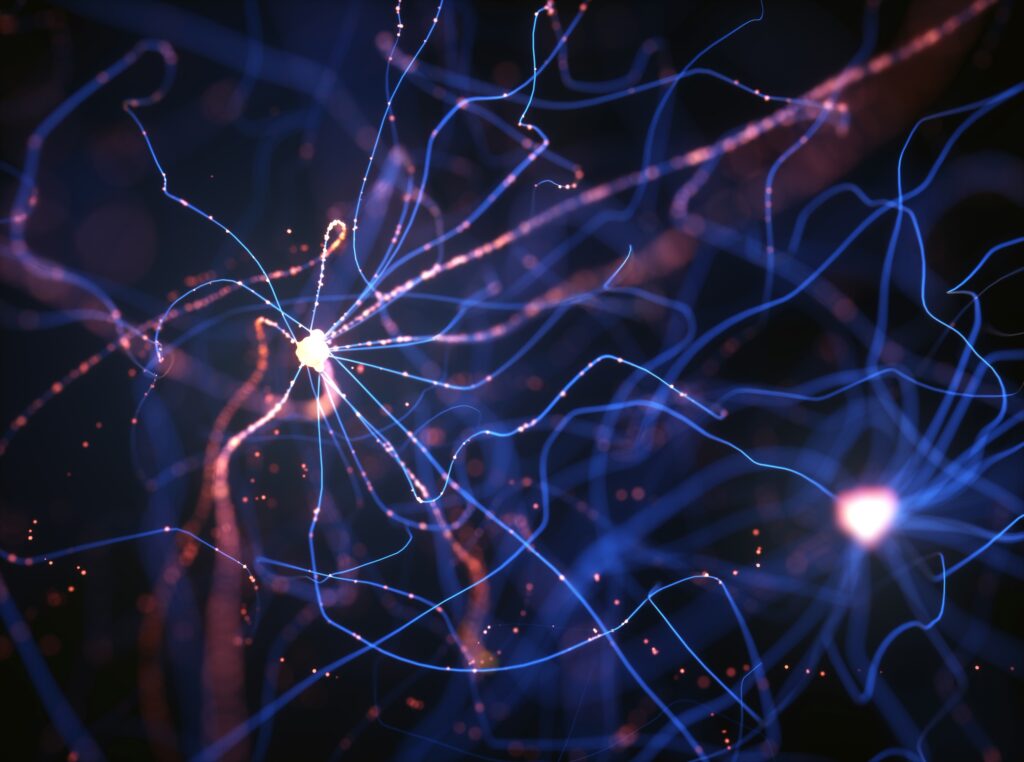The mathematical logic of consciousness
Seeing | Philosophy
![]() Prof. dr. Henk Barendregt | 2022-01-02
Prof. dr. Henk Barendregt | 2022-01-02

In the second presentation of the ‘Science of Consciousness’ conference 2021, Prof. dr. Henk Barendregt brings the rigor of mathematical logic to our understanding of consciousness and its various states and manifestations. For good measure, he also discusses Vipassana meditation within this formal context. We had an issue with audio noise in the first seconds of his presentation, but it goes away quickly, so don’t be discouraged.

Essentia Foundation communicates, in an accessible but rigorous manner, the latest results in science and philosophy that point to the mental nature of reality. We are committed to strict, academic-level curation of the material we publish.
Recently published
Reading
Essays
Seeing
Videos
Let us build the future of our culture together
Essentia Foundation is a registered non-profit committed to making its content as accessible as possible. Therefore, we depend on contributions from people like you to continue to do our work. There are many ways to contribute.















